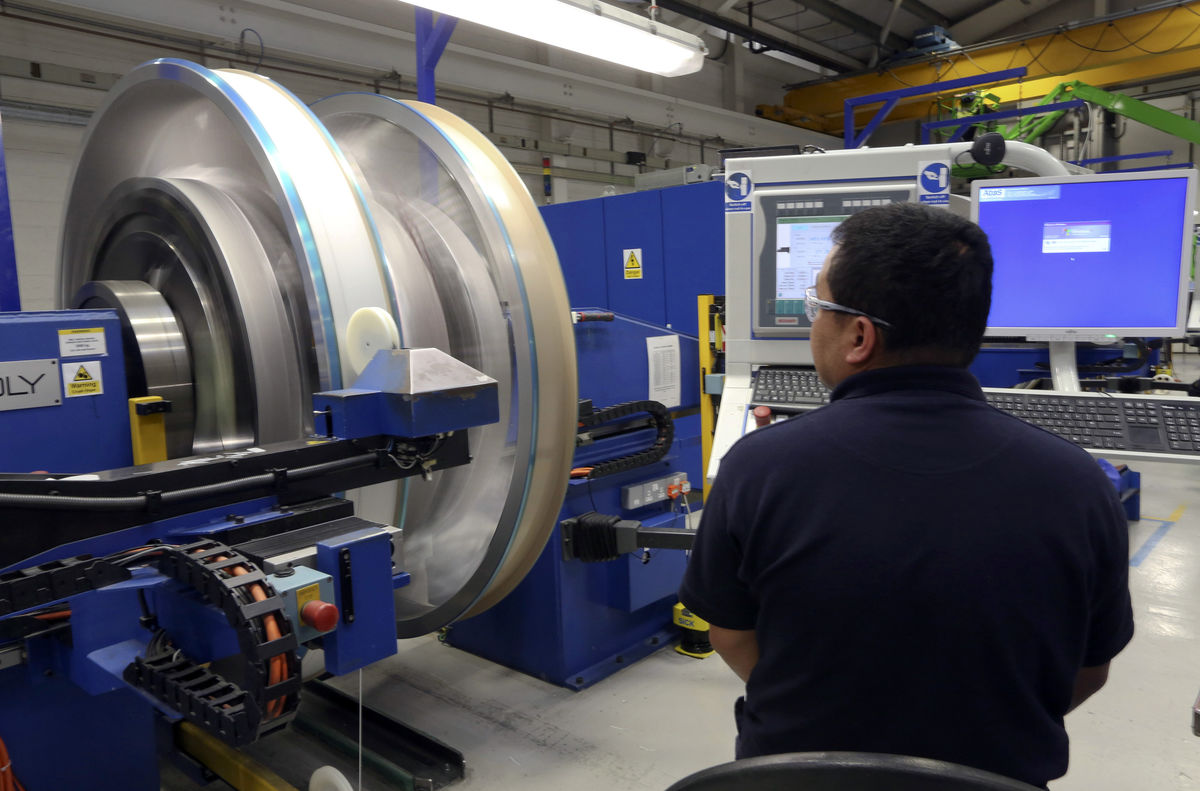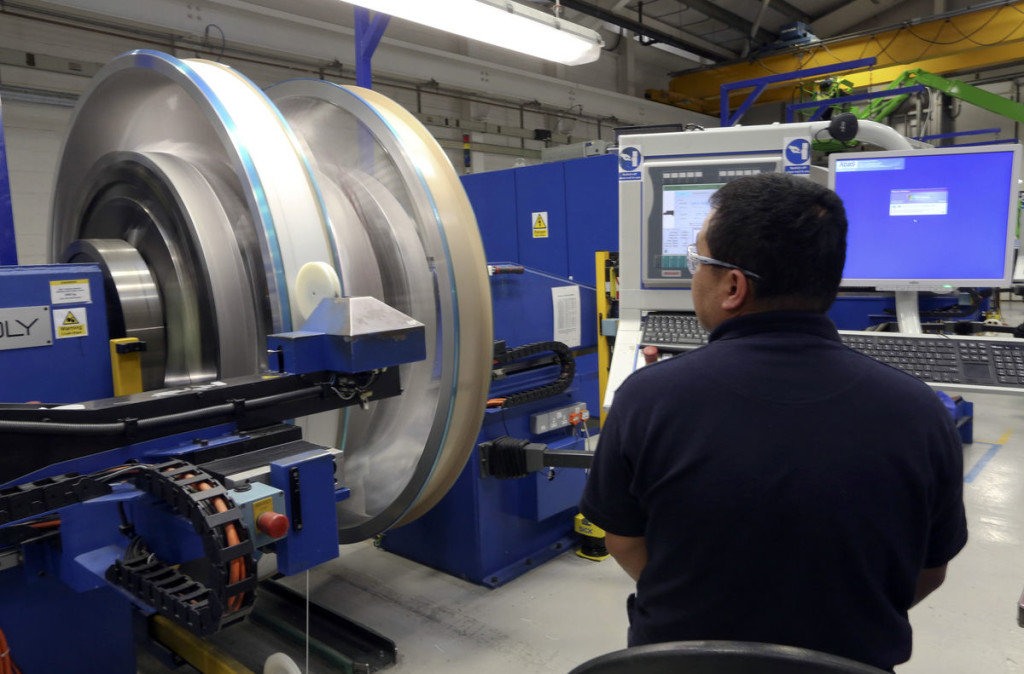Forging For First Timers – The What, Why And How?
Chances are that while the vast majority of people in the UK will have at least come across the term before, they won’t really have a clue what ‘forging’ is all about. Great Britain has one of the strongest and proudest steel production industries in the world, though for most it is an industry that works its magic behind closed doors and to some extent in an entirely different world.
Of course, it’s not as if a professional-level understanding of what forging is or how it works is mandatory…you could even argue it’s knowledge the average Brit really doesn’t need. But at the same time, forging is such an important part of the UK’s industrial history and heritage that’s more than worth knowing at least a few fundamental basics, just to clarify what it’s really all about.
What Exactly is Forging?
Getting stuck into the most obvious question right away, forging is a steel component production process that uses a unique method of shaping. When a product or component is made by way of forging, the steel blanks are squeezed, pressed or pounded into the necessary shape and size as specified. Unsurprisingly, the machines used to carry out this process exert a quite incomprehensible amount of pressure on the steel in order to shape it as required. What’s also unique about forging is the way in which the metal is not melted down and nor in many cases is it heated to a particularly high temperature. The result of the forging process is a finished product that is not only free of the seams usually present with molten steel castings, but is also dramatically stronger.
Why Does Forging Matter?
As for why forging matters so much to the UK and the world beyond, it all comes down to the way in which the process allows for the production of the strongest and most reliable metallic components and products imaginable. There is no other metal production process that results in products of such incredible durability and integrity, therefore forging represents the primary steel production process of choice for those in need of endlessly strong components. From the engines in standard cars to the mechanical parts of commercial airliners, the world depends on forged parts to get by.
Where Are Forged Components Used?
As touched upon above, the uniquely strong and dependable nature of forged parts makes them the ideal choice for use where strength and reliability matter. In the example of the commercial airlines, there are well over 10,000 forged parts in pretty much every plane in the skies today. Likewise, trains would not be able to run without forged parts and nor would any standard road vehicle be able to last more than a few months or so without falling to pieces. Aside from these large-scale mechanical applications, forging is also used to create products that by their nature need to be supremely strong, such as the heads of hammers or axes. And of course, much of the machinery used to forge metal products also contains all manner of forged parts!
What Metals Can Be Forged?
The first metal that comes to mind when talking of any British industry is of course steel, which is indeed the most commonly forged material of all. However, contrary to common belief it’s more than possible to create forged parts from pretty much any and every metal known to man. As each metal has its own unique properties, strengths and advantages, the forged components made from any metal will share its respective traits. This wide choice of metals enables those ordering forged parts to carefully balance the properties of the parts they need with the costs of obtaining them. Titanium for example is extremely strong and durable, though one of the most expensive metals in the world. By contrast, stainless steel is much cheaper though isn’t quite as durable or lightweight.
How Does the Forging Process Work?
The figures simply boggle the mind when it comes to how forging actually takes place in UK factories every day. Pressing metal into any given shape is after all far from an easy task, which is why it takes in excess of 50,000 tons of pressure to get the job done. Or if the metal is to be pounded into the right shape and size, it might take a series of 50,000lb blows from the biggest hammer you’ve ever laid eyes on. What goes on behind the scenes at UK forging companies every day really is quite spectacular stuff and not to be taken for granted.




